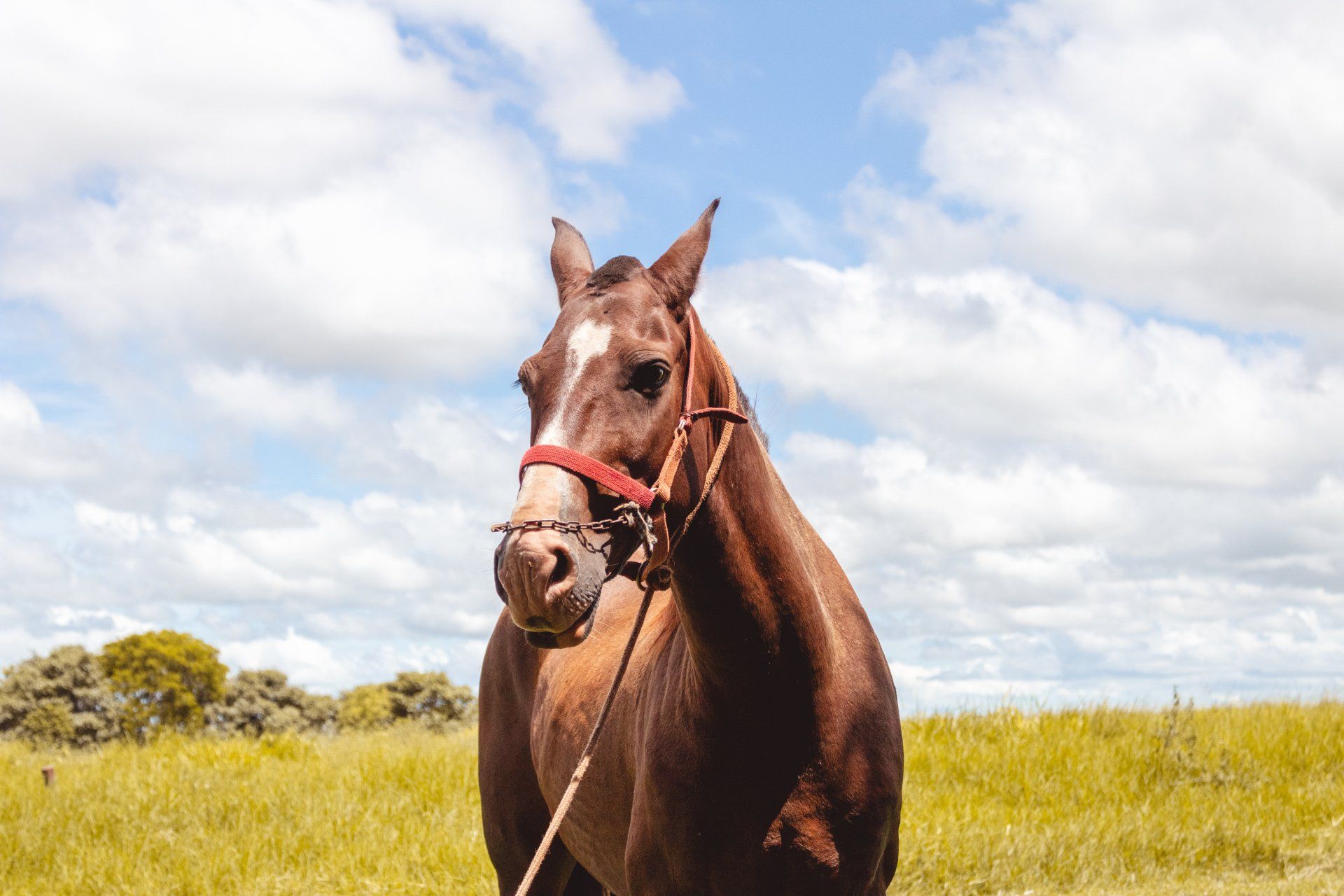Care of Newborn Foals
By the time that your mare goes into labor, you have a lot of time, money, and emotion invested. The doctors at the Orrville Veterinary Clinic realize how important the first 24 hours of life are to the future health of your foal, as well as the current health of your mare. We have designed new foal injections that supplement necessary trace minerals and provide a preventive vaccination. In addition to these foal injections, the physical examination of your foal is very important. Perhaps just as important is a complete examination of the placenta and that is why we recommend that you save the placenta as soon as possible after it has passed from the mare. We will also examine the mare to ensure she has a sufficient volume of colostrum (first milk) in her udder.
Most horse owners know how important colostrum is to the foal’s well being in the months to come. Foals are born with no immune system and rely on colostrum to provide them with immunity from the mare. How do you know if your foal nurses enough colostrum? A blood test can tell you what the blood level of Immunoglobulin G (IgG) is in your foal. A low IgG level indicates your foal did not nurse enough colostrum or the colostrum may have been too dilute. Low IgG predisposes your foal to future diseases such as diarrhea or pneumonia or even weakness, septicemia, and death.
Before 24 hours of age your foal’s gut can still absorb immunoglobulins from the colostrum. If the foal is not nursing well we may decide to tube feed the foal several times to optimize immunity transfer from the mare. After 24 hours of age, the foal’s gut cannot absorb any more immunoglobulins. If IgG levels are low in the foal’s blood at that time, we recommend intravenous administration of hyperimmune plasma to your foal. Plasma provides very immediate immunity and prevents weakness and death in the short term as well as provides immunity to fight off diseases in the months to come.
We are as passionate about foal care as you are, and we look forward to working with your mare and foal to ensure health and wellness for years to come. If you are new to breeding and are expecting a foal, we also provide consultation in regards to nutrition, vaccinations for your mare, and what to expect in the foaling process.












